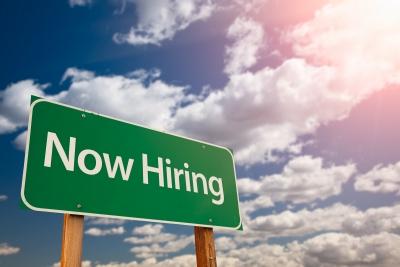While recruiting can sometimes feel like a fire drill based on unplanned situations driving the need to find talent, such as increased growth or turnover, it is important to pause and set some key expectations and deliverables for your hiring managers up front.
Below are some sample questions to help shape the conversation with your hiring managers so they aren’t confused about the process or inadvertently delay the process which would negatively impact the candidate’s experience.
Ask the Hiring Manager:
Tell me about the last position that you hired. How long ago did that take place? Overall, how was that hiring experience?
If you hear responses that show they have not hired recently, they may not be aware of the talent market changes. In that case you will want to provide an overview of what is happening in the market, such as:
- Recruiting is competitive
- Timing moves quickly
- Candidate experience is important
- Candidates who are not selected may still add value to our organization – i.e. referrals or future opportunities
If you hear responses that show that they have had excessive turnover, maybe they are not asking right questions or job descriptions are inaccurate. With that scenario, discuss the current job. When was the job description last updated? Does it portray the skill sets and competencies needed to move forward? What happens if candidates are over or under qualified?
Listen to your hiring manager and probe to better understand what the candidate needs to do for the department. For example, stating that the candidate must “manage a team and deliver performance reviews” is different than stating that the “individual must be able to provide real-time coaching and feedback in a candid manner with colleagues. As the organization implements a new performance management culture, we need a manager who can help foster the positive change.”
Are there projects or other demands on your time right now?
Make sure that the hiring manager has realistic expectations of the overall timeline. While it’s understandable to want to fill positions as soon as possible, the reality is that hiring cycles don’t necessarily work that way based on the skill set and experience level needed for the new hire. For example, higher level roles may require longer notice periods to current employers vs. the standard two-week notice. If you are looking at candidates who may relocate (whether on their own or with assistance from your organization) that will also add to the timeline.
What ideas do you have to streamline the process to keep it moving and enhance the candidate experience?
Hiring managers can offer great insights and suggestions on how to make the process better. Ask for their ideas and discuss how it could work. Gaining buy-in is critical to keeping the process moving in a timely manner.
What is your preferred communication style?
Confirm the process for sharing information on candidates who have applied and confirm how the interview process will work.
While the list above is only a sampling of questions to ask, the point is to get HR and the hiring manager focused proactively on shaping expectations, timelines, and the candidate experience. The ability for the key stakeholders within the hiring process to set up time to talk and lay out the plan will make for an easier and more effective hiring process.



